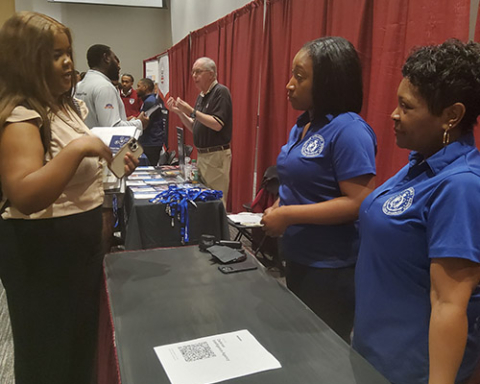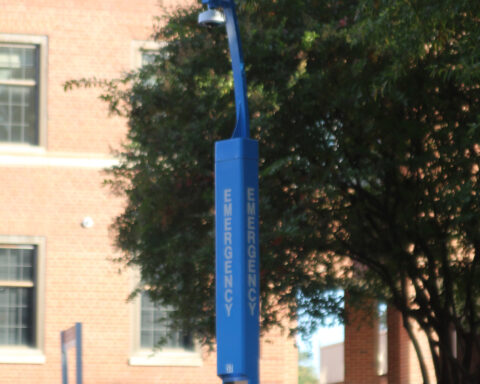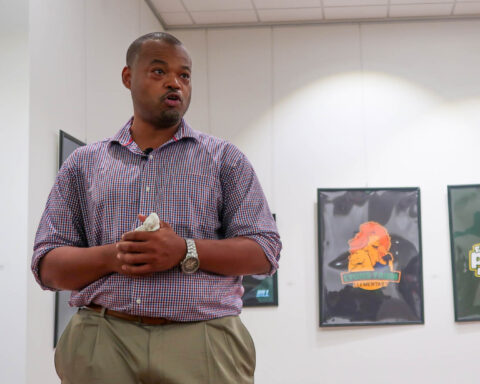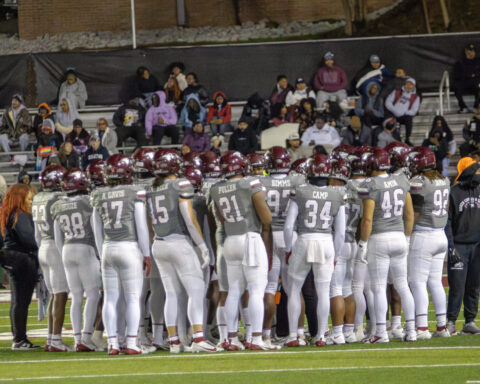Graduation is a joyous occasion for any college student. It signifies an official end the student’s academic career and that student’s first step into the professional world.
All graduates are aiming for a stable income, housing, a decent car, and work in the field they’ve prepared for.
Often theses goals seem further and further out of reach.
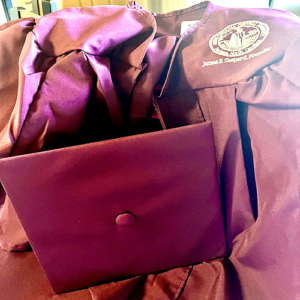
“I worry about finding a job more than anything after graduation, Dynasty Foggie, a public health education senior who graduates in May. “I do believe that my internships will help me in my search.”
According to Pew Research, about 53 percent of new graduates are either unemployed or underemployed.
It can take the average graduate six months for graduates to find their first job in their field.
In the last two years 34 percent of college graduates were working in “non-college jobs” and, even worse, 11 percent were working low-wage jobs.
Here’s a statistic that may give some pause: More than half of college graduates over the age of 25 don’t work in their field of study at all, according to a new survey from Intelligent.com.
Not only that, but a quarter of grads over the age of 25 make less than $35,000 a year, with many close to the poverty level.
“After graduation, I got a job as a front desk agent at a hotel a month after graduation,” said Ashley McLaughlin, a mass communication alumni who graduated in December of 2022.
McLaughlin makes $14 an hour, above minimum wage, but barely enough to live on in today’s inflationary economy.
The good news is that, over time, things can improve for graduates. The overall long term unemployment rate for college graduates is a low 2.1 percent for graduates with a bachelor’s degree, according to Admissionly.com.
So what are factors that disadvantage graduates from getting jobs, especially jobs in the field they’ve prepared for?
According to Indeed, two of them are simply not having enough experience via internships. That combined with competition from other graduates often makes it difficult to land those treasured jobs in their field.
Everyone is looking for a job after graduation, so most entry level positions will have a mass of applicants applying for the same one.
Without internships or on-the-job experience, many will balk at hiring a rescind graduate with only in-class “academic” training.
Keeping these factors in mind, career experts recommend to students that they keep an up to date resume, apply for internships that can be done during and even after college, and start building networks.
While it may not fully quell the anxiety of what’s next, it will definitely help.



